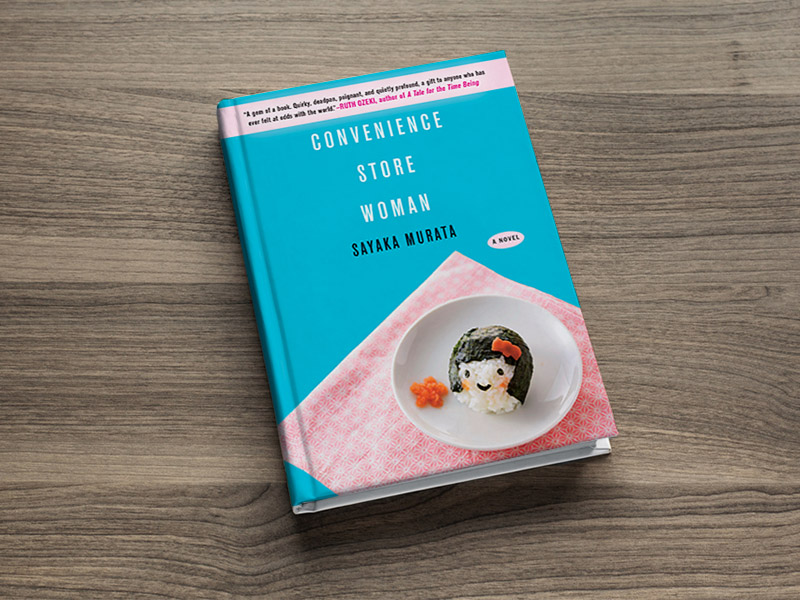“It is the start of another day, the time when the world wakes up and the cogs of society begin to move. I am one of those cogs, going round and round. I have become a functioning part of the world, rotating in the time of day called morning”
The vital role of the convenience store in Japan cannot be overstated. Compared to most stores that serve a similar function in every other country in the world, Japan’s konbini come out on top, offering the best quality food, 24/7 convenience, and polite and attentive staff who border on the automated.
For a foreigner new to Japan who has heard stories from the BBC or CNN about Japan’s long work hours, karoshi (death from overwork), long commutes, and salarymen sleeping on train platforms, a lot of the questions they have regarding work-life balance, cooking and eating, and organizing their general life can be answered by a quick wander around any Tokyo Family Mart or 7-Eleven, as they peer in awe at the rows upon rows of rice dishes, gyoza, and well-presented pasta; or admire the ATMs, printers, and machines that can be used to purchase tickets for almost any attraction in Tokyo.
Over years and years of trial and error, Japan has answered its problem of overwork and exhaustion not with a genuine cure, but with greater and faster convenience. A salaryman who has no time to cook for himself can be guaranteed a decent microwavable meal of an above-par packaged dinner at a reasonable price, with enough variety on the shelves to ensure he won’t get bored quickly.
A student or office worker who forgot to eat can run into any one of five different konbini that line every street in Tokyo and pick up an almost freshly-baked something or other (probably a melon pan) to keep them going until lunch (when they will pop out to the convenience store under their office for coffee and cigarettes).
This year saw the publication of Sayaka Murata’s incredible novel, Convenience Store Woman (or, to give it its superior Japanese title, Konbini Ningen – Convenience Store Human), translated in English by Ginny Tapley Takemori. The story centers around the life of Keiko, a 36-year-old woman who has spent her entire adult life as a cog in the convenience store machine.
Much like a train that has been running for 40 years and has received regular maintenance, and so continues to faithfully run on schedule with no complaints, Keiko reliably does exactly the same. So mechanized is she, in fact, that her family has attempted to fix her by encouraging her to find a “real job” and a partner with which to share her life. But Keiko wants none of it. She is content in her role as a cog.
Though she might not be aware of it, Keiko is keeping all the lights on and the cash flowing across all of Japan because, without people like her, the nation’s infrastructure would collapse from exhaustion, confusion, and chaos.
“The normal world has no room for exceptions and always quietly eliminates foreign objects. Anyone who is lacking is disposed of […] Finally I understood why my family had tried so hard to fix me”
Convenience Store Woman deals with a number of themes that speak loudly to today’s Japan, but the most relevant and difficult to swallow here is the dehumanization of people as a result of their role in society. Keiko is an interesting case insofar as she is very much content in her role, but typically the intense capitalist machine in Japan can only maintain its strength and speed through such dehumanization (via long work hours, little free time, and crowded commutes).
Convenience stores are very simple places, and they certainly exist everywhere, but only in Japan are they so well-stocked, well-run, and well-maintained. Without them, so many of Tokyo’s nine-to-fivers simply could not survive. Keiko very much understands this, and is proud of the role that she plays. Whether or not she should be is a complicated question for another day.
As previously mentioned, the problem of overwork in Japan has not been solved, only catered to (and the cynic might argue that this catering is simply further capitalizing on the issue). Convenience Store Woman offers us a rare glimpse behind the konbini counter, into the lives of those who keep the lights on, so to speak, as written by a woman who has lived a life we have never touched but also cannot live without.
Convenience Store Woman is available in English on Amazon.









